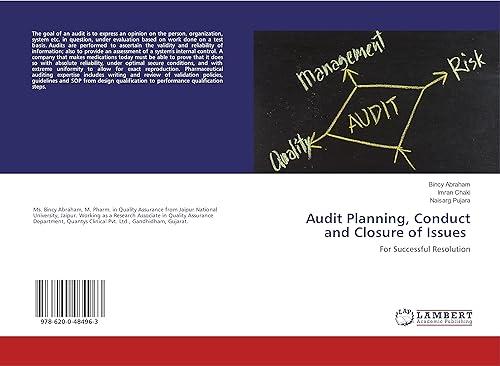Question
n article I found in the Wall Street Journal where the author employs graphics to tell the story is about the big four accounting firms
n article I found in the Wall Street Journal where the author employs graphics to tell the story is about the big four accounting firms under investigation for violating conflict of interest. The probe by the SEC focuses on whether consulting and other non-audit services would cause auditors to break the rules requiring them to be independent of clients whose finances they inspect. The data visualizations show all four biggest firms have paid fines to the agency since 2014 to settle regulatory investigations of audit independence violations. The bar chart shows Ernst & Young LLP paid the most settlement money of ten million compared to KPMG, PwC, and Deloitte. The other three accounting firms, such as KPGM, paid around eight million, PwC paid approximately seven million, and Deloitte one million. According to Richardson et al. (2023), you have to ask yourself two questions before determining the method for communicating the results to better tailor the presentation to the senior management at an accounting firm. The questions are: Are you explaining the results of previously done analysis, or are you exploring the data through the visualization? ( Is your purpose declarative or exploratory?) What data type is visualized (conceptual [qualitative] or data-driven [quantitative])? Since the data is quantitative and the purpose is declarative, I will use the tools in quadrant two. Quadrant two is traditional data visualizations, including conventional charts and static, usually used in formal presentations or reports. The goal is to affirm concepts and set context (Richardson et al., 2023). I will use Microsoft Excel since this one has a more robust platform for data analysis. A declarative data-driven analysis project is better to communicate the results through Excel simply because I will perform steps two through four (IMPACT) in Excel. It is suitable to create charts using the same tool I used to complete my analysis. In addition to better the presentation, include a chart for audit fees versus non-audit fees to inform management if an outlier needs further investigation.
Step by Step Solution
There are 3 Steps involved in it
Step: 1

Get Instant Access to Expert-Tailored Solutions
See step-by-step solutions with expert insights and AI powered tools for academic success
Step: 2

Step: 3

Ace Your Homework with AI
Get the answers you need in no time with our AI-driven, step-by-step assistance
Get Started


